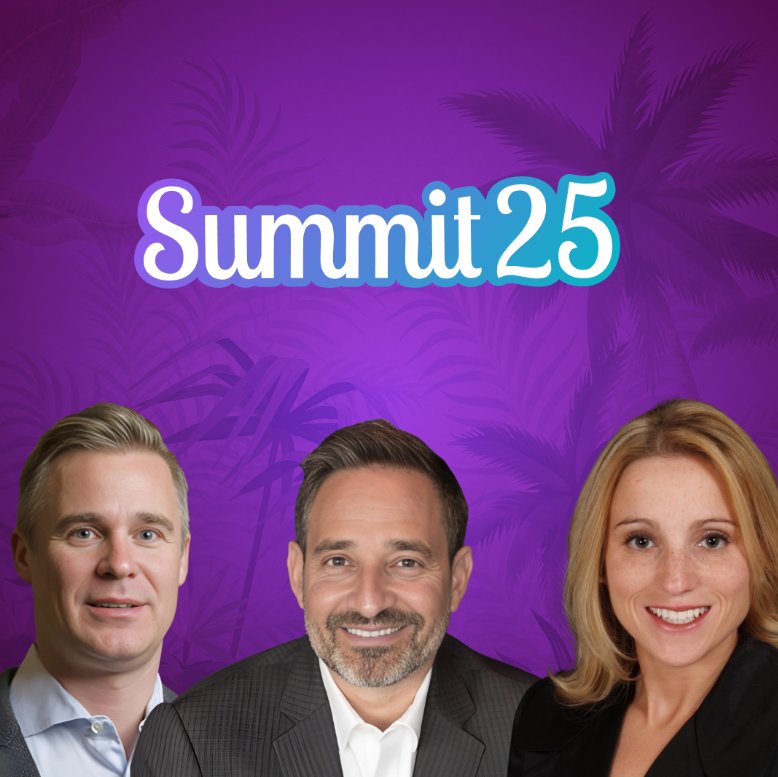Insurance veteran pinpoints changing priorities for insurers in 2021
In January, ReSource Pro brought the management consulting firm The Nolan Company in-house to provide clients a higher level of expertise in strategy, growth, and operational improvement. Leading the Nolan team is Steve Discher, a 35-year insurance veteran who says he loves the industry because, “It’s a great analytical sandbox to operate within.”
As ReSource Pro’s Senior Partner, Carrier Practice, Steve will continue to help insurers optimize new business, claims, underwriting, distribution, customer experience, and policy service. The types of challenges carriers usually bring him are complex and challenging—“exactly the kind we enjoy solving,” he says. In this in-depth interview, we’ll ask Steve about his approach and predictions for the future of insurance.
Has the pandemic changed the type of challenges clients bring to you?
It has not changed the issues so much as it has accelerated the speed at which the issues need to be addressed. We were already moving down the path toward a virtual workforce prior to the pandemic, and now we’ve accelerated something that was most likely going to happen anyway: the virtualization of the entire value chain from selling insurance to delivering it and settling a claim. Our discussions still revolve around how to provide better customer experience, grow the business, and manage the bottom line, but within the context of our current virtual environment.
What lessons do you think the insurance industry will be taking away post-pandemic?
I think the virtualization of how we communicate and work with clients is here to stay. I don’t think we will ever go back to what we think of as “normal.” Many in the industry are now far more comfortable with the virtual format than they ever have been, and it’s definitely going to reduce our time on the road.
For me, however, the big question revolves around empathy. How will we connect with our counterparts in this virtual world? There’s limited body language; it’s very formal and structured because we have a start and end time; and not much sidebar conversation tends to occur.
My other concern is the impact virtualization has on innovation. Are we able to innovate our products, services, and delivery to the same level in this virtual environment?
I don’t know the answer to these questions yet, but I think we’ll work through it.
What changes do you expect to see in the insurance industry in the next 1-2 years?
I’m optimistic that the next couple years will yield a lot of exciting changes for insurance, whether it be how the industry sells products or how it delivers service. I think the leaders are going to be ones that are laser focused on the customer and customer experience in this new virtual environment.
It’s an exciting time to be in the business, because you have to crack problems everyone else is trying to solve, like how do we deliver data, video, and information in this new world in a way that allows us to continue to succeed in our clients’ businesses? Those are going to be tough challenges, but our clients and the industry have shown great resilience not only in the past year, but also during the global financial crisis of 2007 to 2008, 9/11, and other major catastrophes which we believed would be just as difficult.
Additionally, lots of new opportunities are coming up from an insurance perspective, like cyber insurance with everyone working from home. I think it will be exciting to seek out and understand the needs and challenges in this new environment and solve for them from different perspectives across the insurance value-chain.
What about digital transformation?
Insurance is typically seen as slow moving in terms of digitization, but I think what’s happened in the last year has shown that we can act very quickly. Our clients are running the industry from their kitchens tables and home offices. They’ve been forced into that situation and have responded very well. Now, the challenge lies in transforming other parts of their business into a more digital, streamlined, easy to use, easy to serve experience, and I think they’re going to do a great job facing it with our support.
What defines your personal approach to consulting?
While the industry has changed during the 35+ years I’ve been involved in it, developing a relationship with a client that allows you to be brutally honest and objective in your advice has remained true across time. It is incredibly important to be able to talk to clients about uncomfortable topics as it relates to their performance as it will allow you to help them understand what they need to do to help improve.
Do you ever face challenges introducing and implementing new ideas with clients? How do you respond?
Absolutely. Sometimes, the challenge is getting them to see that implementing the idea can truly be done. The way we solve for that is by breaking it down into logical, practical steps and by involving our clients in the work product development.
We have a co-delivery model. We bring the client along as the problems are being understood and as the analysis and solutions are being developed. We’re not waiting until the very end of the process to present our recommendations and discuss how to implement them. So, in the end, it’s as much their plan as something we helped them develop.
Another benefit is that our consultants are often peers of the people we’re helping, so they’ve faced many of the same challenges. Whether it be people, structure, or personality challenges, our consultants have sat in the seat before and can relate to our clients in a way that allows us to have honest conversations on how to execute ideas.
Contact us to learn more about how Steve’s team can support your complex business objectives.



